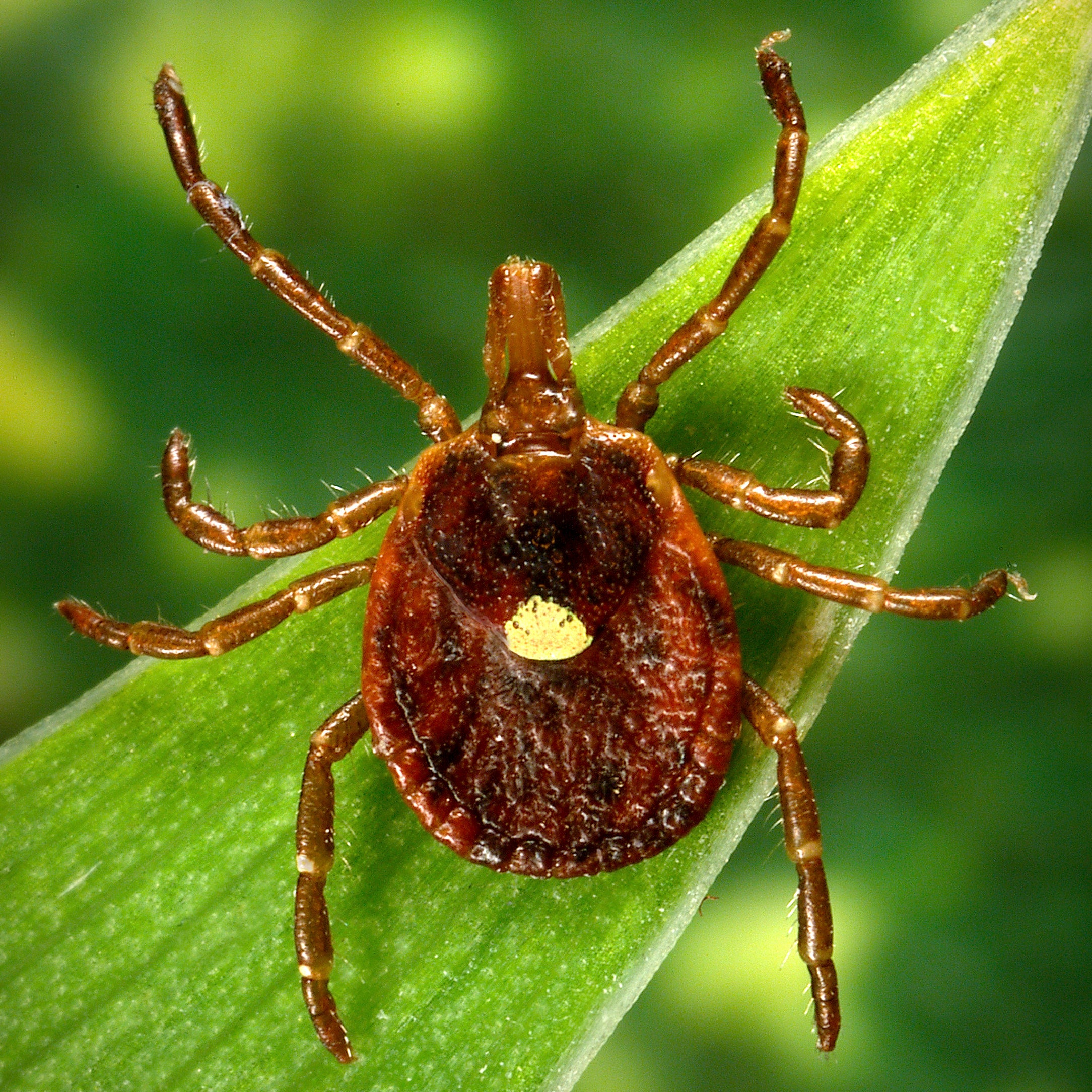Tick bites can trigger a meat allergy in humans. The CDC says it’s only becoming more common
At least 100,000 people in the U.S. have become allergic to red meat since 2010 because of a weird syndrome triggered by tick bites

More than 100,000 people in the U.S. have become allergic to red meat since 2010 because of a weird syndrome triggered by tick bites, according to a government report released Thursday. But health officials believe many more have the problem and don't know it.
A second report estimated that as many as 450,000 Americans have developed the allergy. That would make it it the 10th most common food allergy in the U.S., said Dr. Scott Commins, a University of North Carolina researcher who co-authored both papers published by the Centers for Disease Control and Prevention.
Health officials said they are not aware of any confirmed deaths, but people with the allergy have described it as bewildering and terrifying.
“I never connected it with any food because it was hours after eating,” said one patient, Bernadine Heller-Greenman.
The reaction, called alpha-gal syndrome, occurs when an infected person eats beef, pork, venison or other meat from mammals — or ingests milk, gelatin or other mammal products.
It’s not caused by a germ but by a sugar, alpha-gal, that is in meat from mammals — and in tick spit. When the sugar enters the body through the skin, it triggers an immune response and can lead to a severe allergic reaction.
Scientists had seen reactions in patients taking a cancer drug that was made in mouse cells containing the alpha-gal sugar. But in 2011 researchers first reported that it could spread through tick bites, too.
They tied it to the lone star tick, which despite its Texas-themed name is most common in the eastern and southern U.S. (About 4% of all U.S. cases have been in the eastern end of New York’s Long Island.)
One of the studies released Thursday examined 2017-2022 test results from the main U.S. commercial lab looking for alpha-gal antibodies. They noted the number of people testing positive rose from about 13,000 in 2017 to 19,000 in 2022.
Experts say cases may be up for a variety of reasons, including lone star ticks' expanding range, more people coming into contact with the ticks or more doctors learning about it and ordering tests for it.
But many doctors are not. The second study was a survey last year of 1,500 U.S. primary care doctors and health professionals. The survey found nearly half had never heard of alpha-gal syndrome, and only 5% said they felt very confident they could diagnose it. Researchers used that information to estimate the number of people with the allergy — 450,000.
People with the syndrome can experience symptoms including hives, nausea, vomiting, diarrhea, severe stomach pain, difficulty breathing, dizziness and swelling of the lips, throat, tongue or eye lids. Unlike some other food allergies, which occur soon after eating, these reactions hit hours later.
Some patients have only stomach symptoms, and the American Gastroenterological Association says people with unexplained diarrhea, nausea and abdominal pain should be tested for the syndrome.
Doctors counsel people with the allergy to change their diet, carry epinephrine and avoid tick bites.
The allergy can fade away in some people — Commins has seen that happen in about 15% to 20% of his patients. But a key is avoiding being re-bitten.
“The tick bites are central to this. They perpetuate the allergy,” he said.
One of his patients is Heller-Greenman, a 78-year-old New York art historian who spends summers on Martha's Vineyard. She has grown accustomed to getting bitten by ticks on the island and said she has had Lyme disease four times.
About five years ago, she started experiencing terrible, itchy hives on her back, torso and thighs in the middle of the night. Her doctors concluded it was an allergic reaction, but couldn't pinpoint the trigger.
She was never a big meat eater, but one day in January 2020 she had a hamburger and then a big, fatty steak the following evening. Six hours after dinner, she woke up nauseated, then suffered terrible spells of vomiting, diarrhea and dizziness. She passed out three times.
She was diagnosed with alpha-gal syndrome shortly after that, and was told to avoid ticks and to stop eating red meat and dairy products. There have been no allergic reactions since.
“I have one grandchild that watches me like a hawk," she said, making sure she reads packaged food labels and avoids foods that could trigger a reaction.
“I feel very lucky, really, that this has worked out for me," she said. “Not all doctors are knowledgeable about this.”
___
The Associated Press Health and Science Department receives support from the Howard Hughes Medical Institute’s Science and Educational Media Group. The AP is solely responsible for all content.
Bookmark popover
Removed from bookmarks